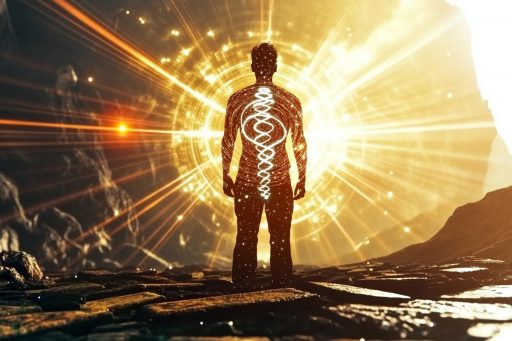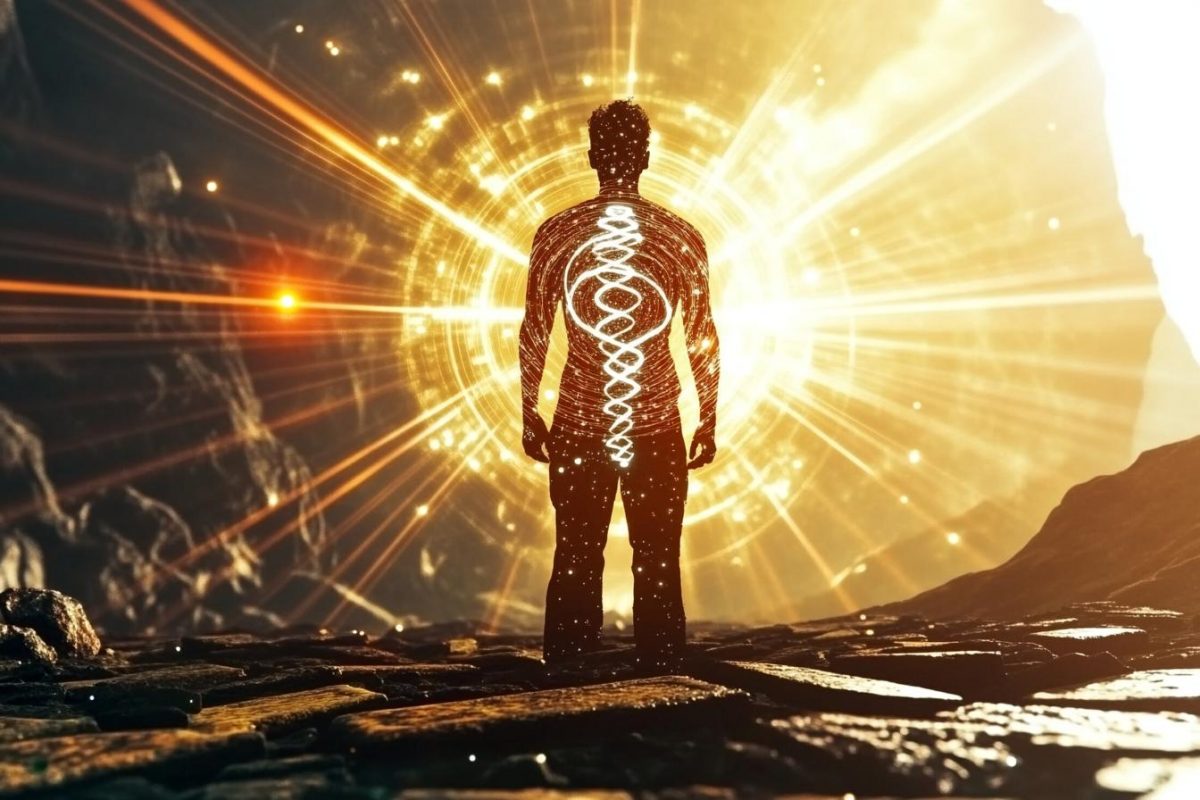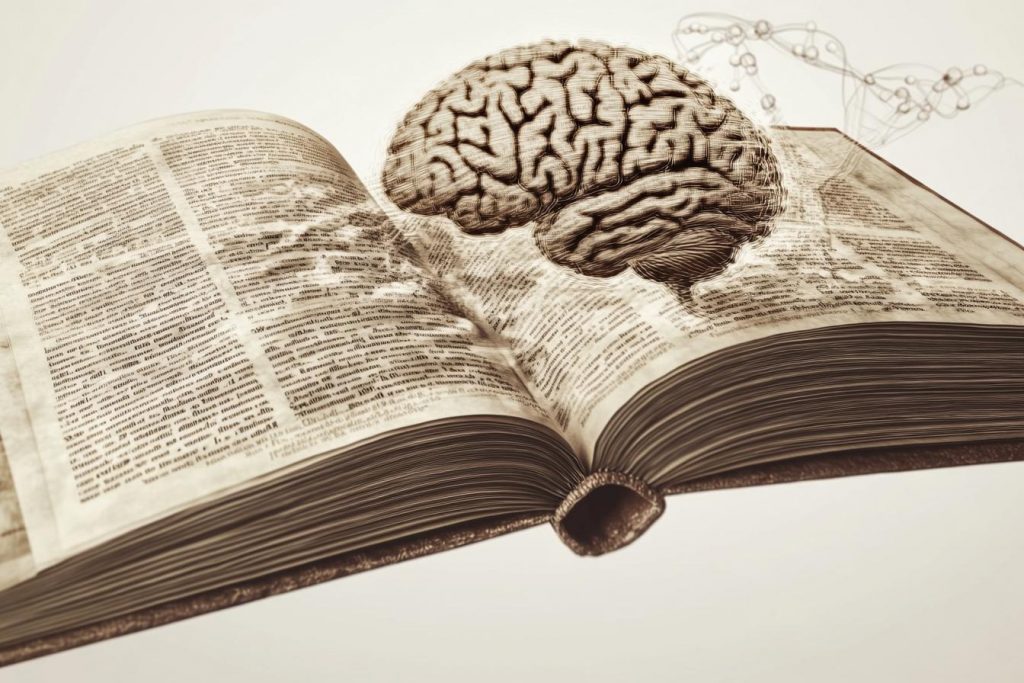
The medical world is constantly evolving, but every so often, a discovery shakes the very foundation of what we thought we knew. From ancient beliefs finally being debunked to cutting-edge science turning long-standing advice on its head, these moments don’t just update the script—they rewrite it. These health revelations have challenged convention, forced doctors to rethink diagnoses, and even saved lives in unexpected ways. What we once dismissed as fringe or impossible is now mainstream, and the ripple effects are still being felt.
Gut Health Is Central to Mental Health
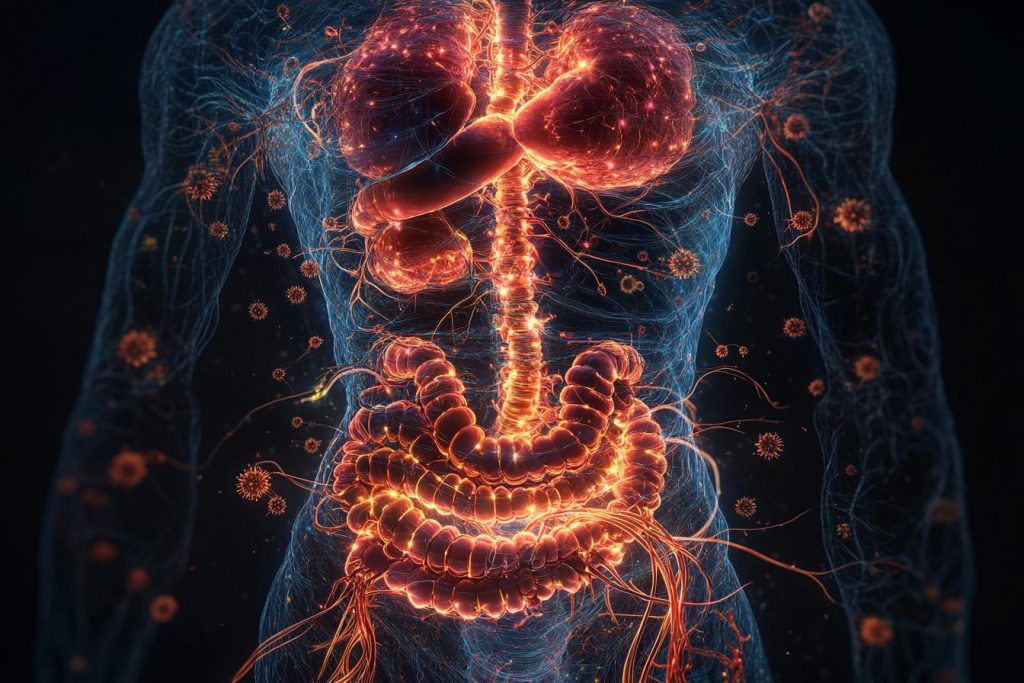
Once dismissed as purely digestive, the gut is now recognized as a powerful force in emotional and cognitive well-being. The discovery of the gut-brain axis revealed a complex communication system between the microbiome and the brain. Researchers found that gut bacteria can influence everything from anxiety to depression. This has shifted mental health treatment into new territory—right into the stomach.
Sleep Is More Critical Than We Ever Realized

Sleep was once treated as a luxury, often sacrificed in the name of productivity. But recent revelations have tied sleep deprivation to everything from heart disease to neurodegeneration. Sleep is no longer viewed as passive rest, but as active restoration that detoxifies the brain and regulates hormones. In the modern health playbook, sleep is now a starring role.
The Placebo Effect Isn’t Just in Your Head

Doctors used to view the placebo effect as a nuisance in clinical trials. Now, it’s considered a legitimate physiological response triggered by belief and expectation. Placebos can activate brain pathways that mimic real drug effects, even when patients know they’re taking a sugar pill. This has profound implications for how we understand healing itself.
Ultraprocessed Foods Are More Dangerous Than Thought
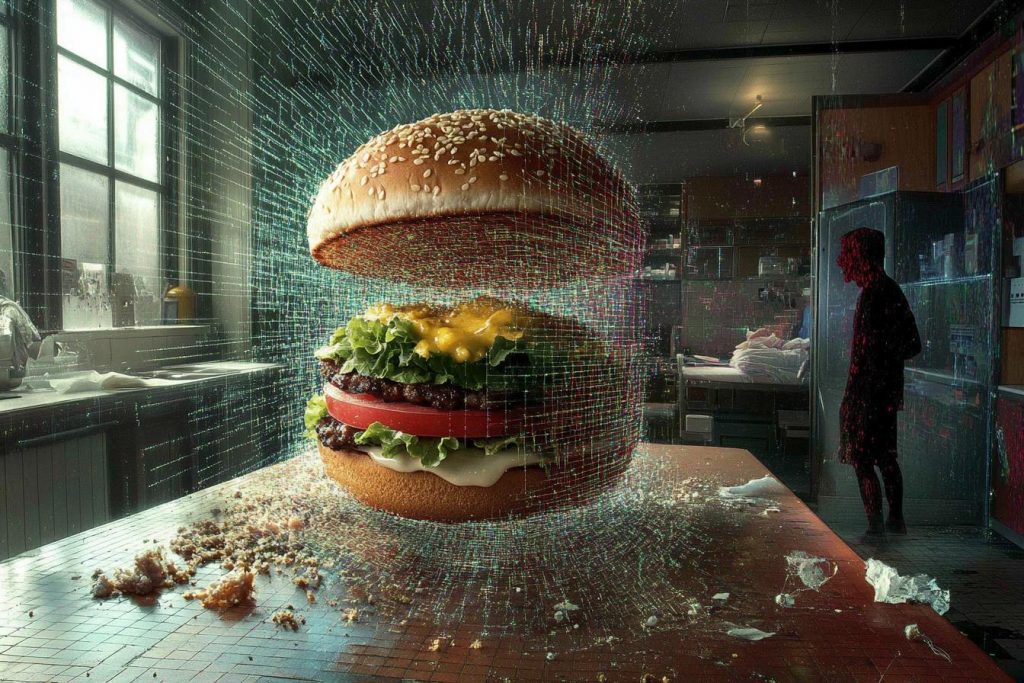
We knew junk food wasn’t healthy, but the scale of the damage ultraprocessed foods cause shocked researchers. They’re now linked to cancer, early death, and even changes in brain structure. These foods can override hunger cues, cause chronic inflammation, and alter mood. It’s not just empty calories—it’s a full-blown public health crisis.
Stress Can Reshape Your DNA
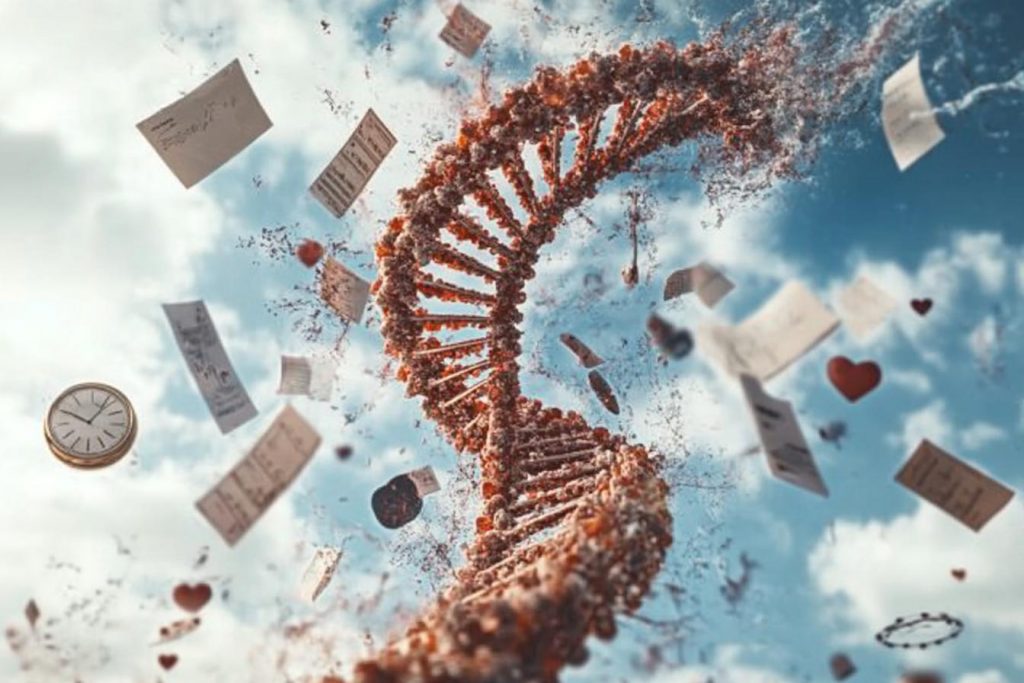
Stress was once seen as a temporary emotional state, but science now shows it can leave lasting marks on our genes. Epigenetics reveals how chronic stress alters gene expression, potentially passing effects down to future generations. This discovery redefined stress as not just mental, but molecular. The way we handle pressure now has multigenerational consequences.
Fever Is the Body’s Friend, Not Foe
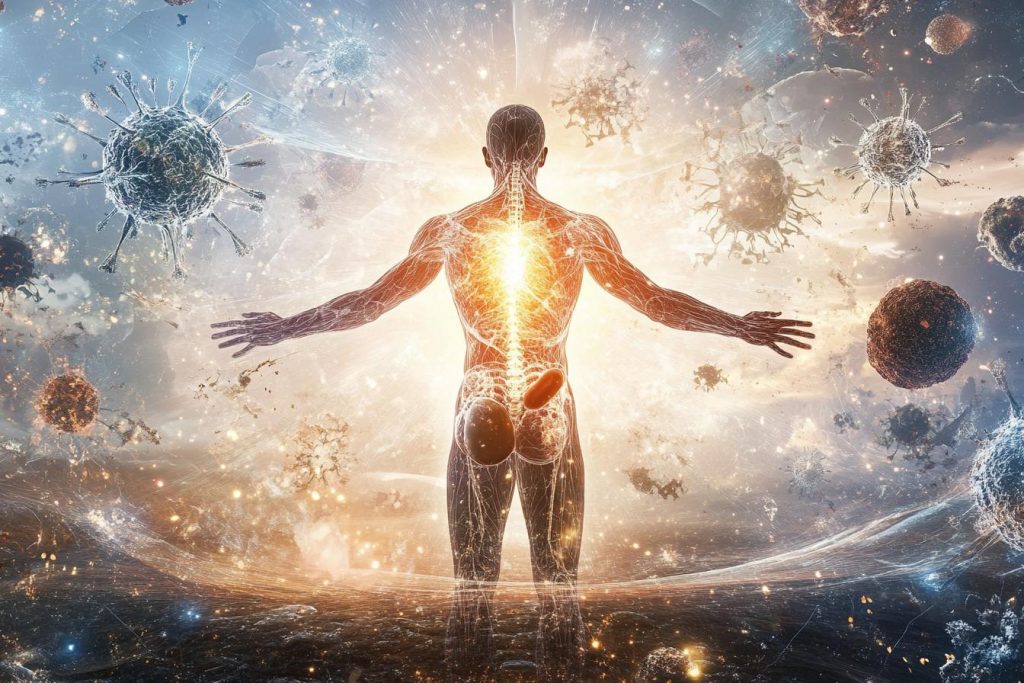
For years, the first instinct during illness was to reduce a fever immediately. But emerging research has shown that fever is part of the immune system’s natural response. Suppressing it too early may actually slow recovery. Instead of being feared, fever is now seen as a vital ally in healing.
Exercise Benefits the Brain More Than the Body

While fitness advice traditionally focused on weight loss and cardiovascular health, new findings place the brain at the center of the action. Regular movement boosts memory, slows cognitive decline, and increases neuroplasticity. Exercise is now a frontline defense against dementia and depression. The best workout for your mind might start with your feet.
Antibiotic Overuse Creates Superbugs

Antibiotics were once hailed as miracle cures—but that miracle came with a price. Overprescription and misuse have led to antibiotic-resistant bacteria that threaten to outpace medical treatment. The age of easy infection cures may be ending, forcing a reevaluation of how we treat even simple illnesses. We’re now racing to outsmart the monsters we inadvertently created.
Your Immune System Has a Memory
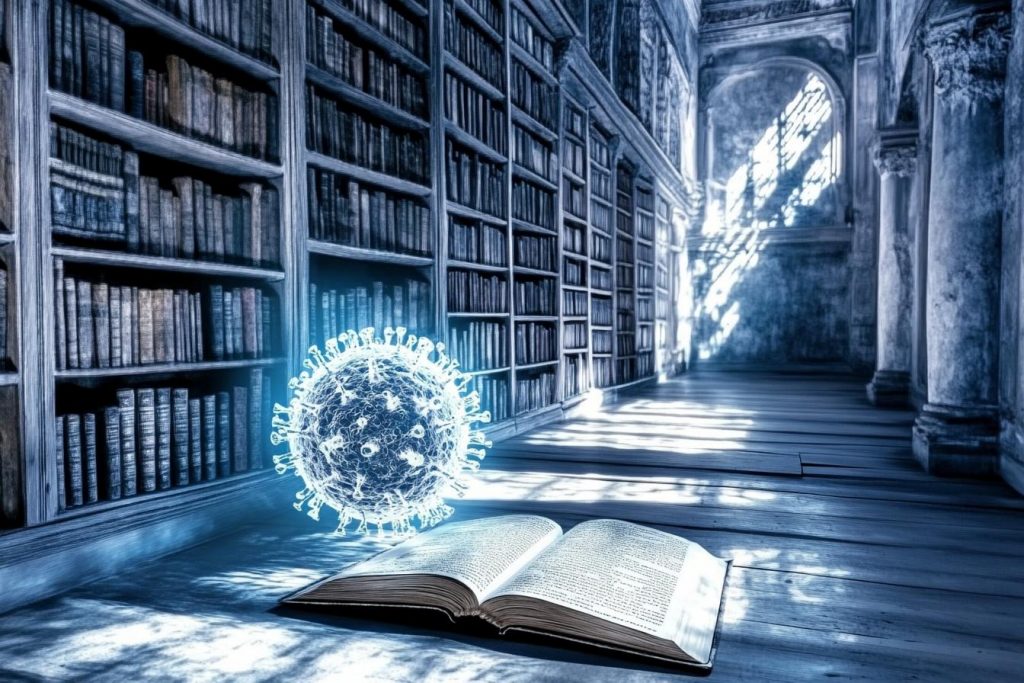
Immunity used to be seen as a binary: you either had it or didn’t. But research into immune memory revealed a much more complex landscape. Even after an infection fades, immune cells remember the invader, leading to faster and stronger responses in the future. This discovery underpins the science of vaccines—and hints at potential for lifelong defense.
Sunlight Is a Critical Nutrient

The sun was long painted as a villain due to skin cancer fears, but avoiding it altogether created a new problem. Vitamin D deficiency is now tied to everything from autoimmune diseases to depression. Moderate sun exposure is essential for hormone regulation, immune function, and mood. We’ve come full circle in recognizing the sun’s healing light.
The Mind Can Heal the Body

Mind-body medicine was once dismissed as pseudoscience, but the data is now undeniable. Techniques like meditation, visualization, and biofeedback have shown real physiological effects—lowering blood pressure, reducing pain, and even speeding post-surgical recovery. The brain’s role in healing is no longer fringe; it’s foundational.
Food Sensitivities Are Not Just in Your Imagination

People once complaining of bloating, fatigue, or brain fog were often brushed off as dramatic or delusional. But advanced testing and studies revealed that non-allergic food sensitivities are very real. They may not cause hives or anaphylaxis, but they can wreak havoc on energy, focus, and mood. Listening to your body is now part of the prescription.
Cholesterol Isn’t the Villain We Thought It Was
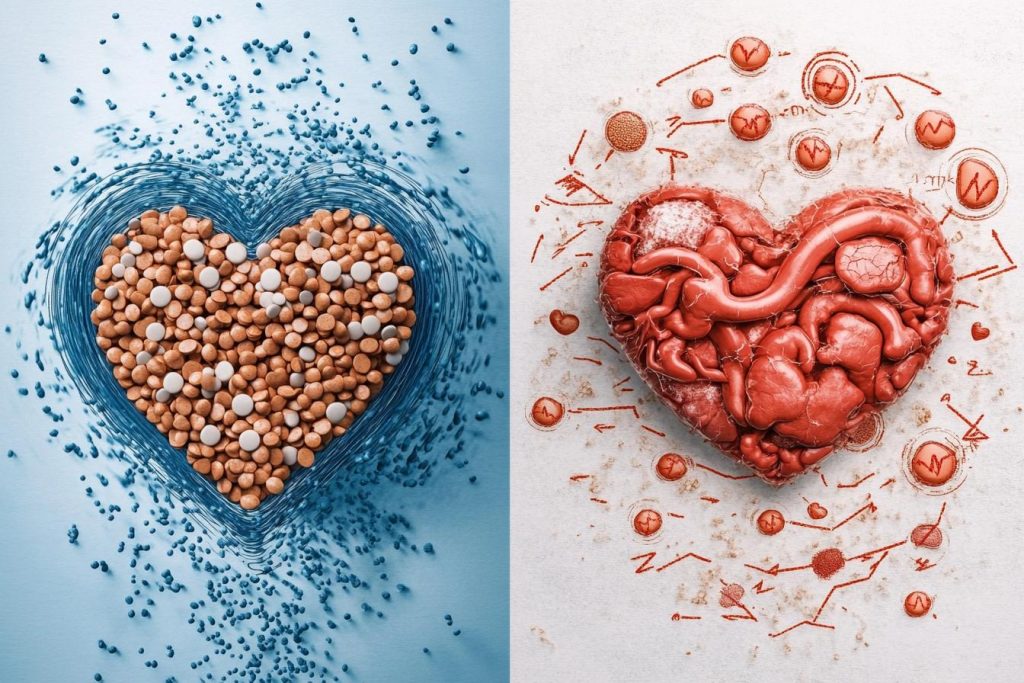
For decades, cholesterol was health enemy number one. But recent studies have complicated the picture, showing that not all cholesterol is harmful and that inflammation may be the bigger culprit in heart disease. Statins and low-fat diets are being reexamined in light of new evidence. The villain may not have been cholesterol—but our oversimplification of it.
What We Thought We Knew Was Just the Beginning

These revelations didn’t just change how we treat illness—they transformed how we understand the body, the mind, and the hidden connections between them. What was once fringe is now foundational, and what we assumed was true is being rewritten in real time. Each new insight cracks open a door to deeper understanding—and even greater questions. The script isn’t just flipped—it’s still being written.

